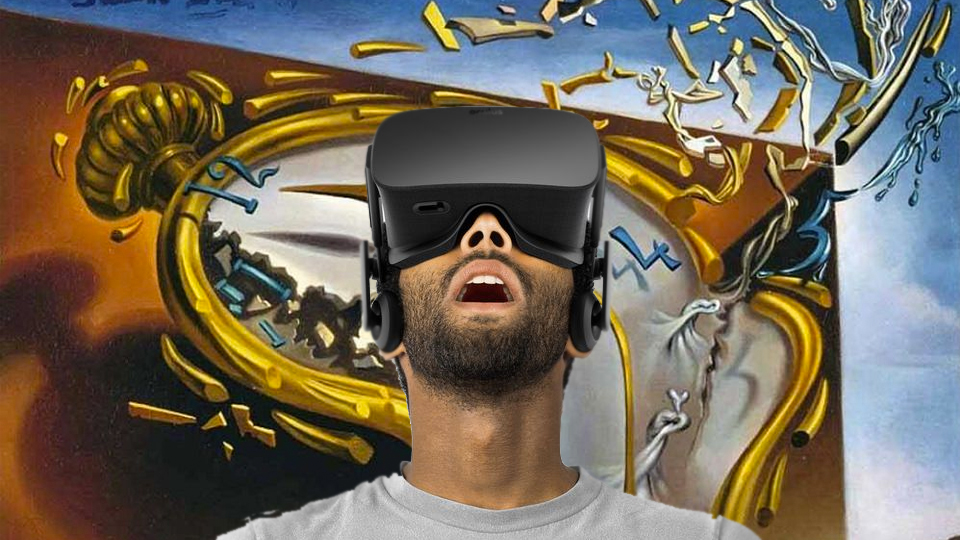VR experiences will be the trippy drugs of the future, says Microsoft
Step away from the spliff and park the pills

Sign up for breaking news, reviews, opinion, top tech deals, and more.
You are now subscribed
Your newsletter sign-up was successful
If you're currently waiting around on shady street corners to pick up your trippy highs, the tech of the future may provide easier, more legal ways to open the doors of perception.
That's according to a group of futurist researchers at Microsoft, who have been examining the potential social impact of technological advances over the next few decades.
From VR to search, the exclusively-female research team (selected in an effort to counteract the lack of female presence in computing) pinpointed a number of intriguing future uses for evolving technologies.
- More practical than psychedelic, see what Microsoft is doing with Surface Book
VR trippin'
If current virtual reality experiences (such as the Oculus Rift or HTC Vive) blow your mind, Mar Gonzalez Franco, researcher with Microsoft Research's New Experiences and Technologies group, sees the tech becoming so insanely immersive as to sidestep the 'need' for recreational trippy drug use.
"By 2027 we will have ubiquitous virtual reality systems that will provide such rich multisensorial experiences that will be capable of producing hallucinations which blend or alter perceived reality," she said.
Search engine usage will change too in the next twenty years. Susan Dumais, deputy managing director of Microsoft Research Lab, envisions the search box's complete disappearance by 2027.
Instead, "It will be replaced by search functionality that is more ubiquitous, embedded and contextually sensitive. We are seeing the beginnings of this transformation with spoken queries, especially in mobile and smart home settings."
Sign up for breaking news, reviews, opinion, top tech deals, and more.
It's a shift we're already seeing - devices like the Amazon Echo and Google Home are controlled almost exclusively by voice search, while AR devices like Snapchat's in-testing Spectacles and the Microsoft Hololens use augmented reality, visual-aids and contextual awareness to anticipate search needs.
And, in perhaps the most wild of all the future-gazed predictions, Nicole Immorlica, senior researcher at Microsoft's New England research lab, sees a shift in working practices that will see an individual's worth measured in social media interaction and harvested data, as opposed to completing a day's hard graft.
"By 2027, automation will give rise to a new economy in which most people's societal contribution comes from the data they generate as they go about their lives rather than the work they do," according to Immorlica.
It's a fascinating - if far-fetched, in some instances - glimpse into the future. Grab some munchies, prime your Facebook feed, and dive into the full report here.

Gerald is Editor-in-Chief of Shortlist.com. Previously he was the Executive Editor for TechRadar, taking care of the site's home cinema, gaming, smart home, entertainment and audio output. He loves gaming, but don't expect him to play with you unless your console is hooked up to a 4K HDR screen and a 7.1 surround system. Before TechRadar, Gerald was Editor of Gizmodo UK. He was also the EIC of iMore.com, and is the author of 'Get Technology: Upgrade Your Future', published by Aurum Press.